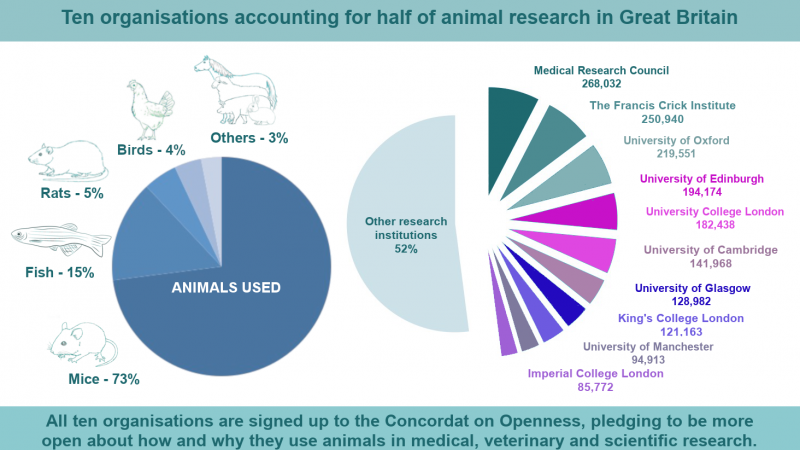Text to go here...
Scientists working with mice have identified a molecule that appears to cause the dementia suffered by Alzheimer's patients. The finding opens up the possibility of designing a treatment to counteract the molecule in brain cells.
Alzheimer's disease is a devastating neurodegenerative disease affecting over 26 million people worldwide. There is currently no cure and by 2050 the disease is expected to affect 1 in 85 people.
The researchers were studying the hippocampus of mice specially bred to develop Alzheimer's disease. Using powerful genetic techniques they discovered that a molecule called miR-34c was much more abundant in diseased brains than in healthy ones. When they looked for the same molecule in the post-mortem brains of human victims of the disease they also found unusually high levels.
Further experiments using the mouse models found that miR-34c prevents the production of SIRT1 protein. The loss of SIRT1 has previously been found to impair memory function. Interestingly, the brains of elderly mice also contained high levels of miR-34c, suggesting that the molecule is related to general memory loss and not just that suffered by patients with Alzheimer's disease.
The researchers found that they were able to block the action of miR-34c with injections of a specially designed molecule that binds to miR-34c. Injected mice showed the same learning ability as healthy mice and higher levels of the SIRT1 protein whilst those injected with a placebo did not. The scientists believe that this technique could be used in the future to treat human victims of Alzheimer's disease.
Watch our video about using mice in the study of Alzheimer's disease.
Last edited: 29 July 2022 13:57



